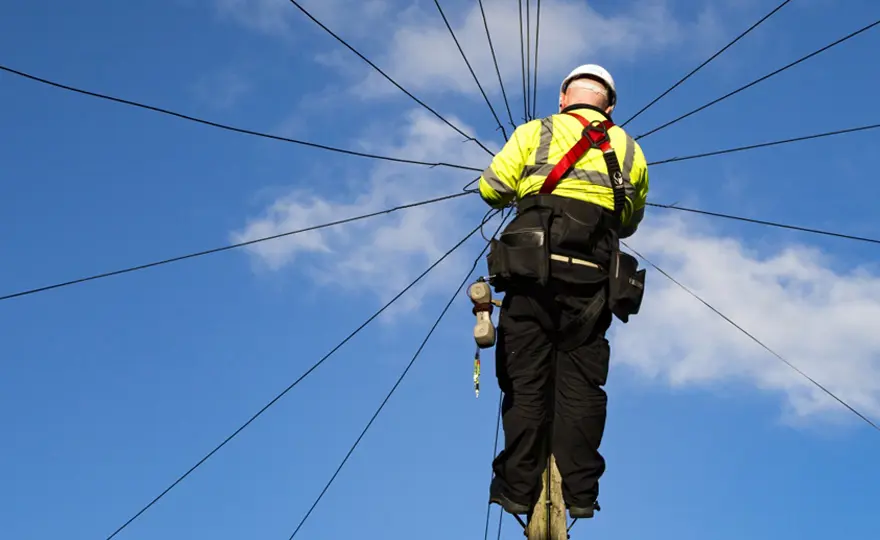ClientEarth Communications
30th November 2016


The new EU energy package lets industry wield unprecedented influence over the EU’s energy future. It is a huge missed opportunity to put Europe on track for a lower-carbon system.
Today’s package of eight energy laws, proposed by the European Commission, has been negotiated for two years. It is supposed to be the high water mark – the most ambitious these laws will ever be – yet three of the most contentious issues have already been decided in favour of industry.
Renewable energy has been undermined by a weak targets framework and withdrawal of priority access to the grid. State aid rules allow governments to give handouts to fossil fuels, locking Europe into dirty energy generation for years to come.
ClientEarth lawyer Maria Kleis said: “The level of ambition in this mammoth package of laws is disappointing, and publishing all eight on the same day will make proper scrutiny almost impossible.
“Only industry is likely to benefit from this mammoth legislative package, which will be a huge task even for well-funded lobbyists to follow. With a clear advantage over NGOs in terms of resources, it will be much easier for industry to water down the proposals even further.
“There is a risk that Europe won’t get the energy transition it needs to provide clean, affordable power for all and to fight climate change.”
ClientEarth is calling for stronger legally binding EU targets on renewables and energy efficiency, climate governance that holds the EU and Member State governments to account, and state aid rules which reflect the true cost of dirty, outdated energy generation.
Stronger laws will result in cheaper energy for consumers - who would be empowered to participate in Europe’s carbon-cutting efforts - and lower emissions. It is the best way to protect people and the planet.
The eight energy laws are:
In these new laws, our lawyers and policy advisers want to see:
ClientEarth lawyer Josh Roberts said: “We need an energy market that jump-starts demand response and makes energy use more intelligent, so renewables can be better integrated and the energy system can become more flexible.”
“We welcome the Commission’s proposal for a dedicated legal framework to enable consumers – both individually and collectively – to participate in the energy market, so they can play their part in Europe’s low-carbon energy transition.”
“Strong regulatory oversight is essential to ensuring that market design reforms are effectively implemented – otherwise, this whole exercise will have been a waste of time."
ClientEarth lawyer Maria Kleis said: “We need a strong signal in favour of continued support for renewables. National governments should only be allowed to intervene in energy markets if they are supporting clean, sustainable and low-carbon energy, not further increasing the power of fossil fuels."
ClientEarth lawyer Marta Toporek said: “We welcome the proposal to include an EU energy efficiency target of 30%, which is binding. It is a step forward. However, more ambition is needed to harness the full potential of energy efficiency, creating jobs and building a cleaner Europe."
ClientEarth law and policy adviser Julie Finkler said: “The Commission’s concerted effort to streamline and integrate different strands of climate and energy planning and reporting is to be applauded. In attempting to create an integrated governance process that underpins the post-2020 climate and energy framework, it is taking the right approach. Now, we need certainty that national governments will be held accountable for their progress – or lack thereof – towards renewables and energy saving targets.
“If Member States individually and collectively aren’t meeting their targets, repercussions should be triggered. This will provide investors with the confidence they need, bringing a much-needed boost to the EU economy.“